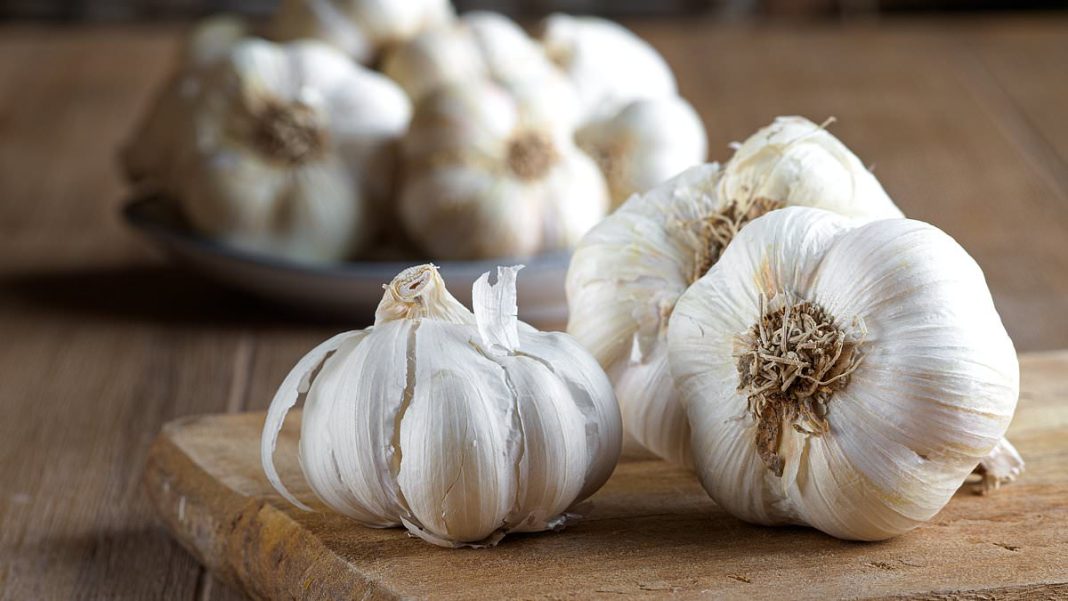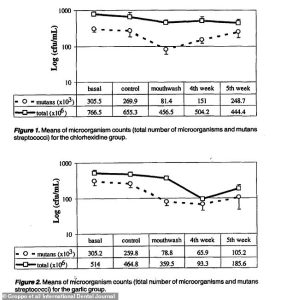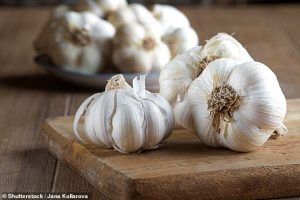Garlic Mouthwash Shows Promise as Effective Alternative to Chemical Brands
Scientists have discovered that garlic extract could become a surprisingly effective ingredient in mouthwash, offering longer-lasting protection than leading commercial brands.
Key Takeaways
- Garlic extract mouthwash provides longer-lasting antibacterial protection than chlorhexidine-based products
- A 3% garlic solution was significantly more effective at reducing salivary bacteria over one week
- Researchers call garlic a “viable alternative” despite side effects like mouth discomfort and odor
Researchers from the University of Sharjah analyzed five studies comparing garlic extract mouthwash against chlorhexidine, the active ingredient in popular brands like Corsodyl and Savlon. Their meta-analysis revealed that high-concentration garlic mouthwash performed equally well—and in some cases better—than chemical alternatives.
Why Consider Garlic Alternatives?
“Chlorhexidine is widely used as a gold standard mouthwash but is associated with side effects and concerns over antimicrobial resistance,” the researchers noted in the Journal of Herbal Medicine.
Common side effects of chlorhexidine include tooth staining, altered taste sensation, and mouth burning. While garlic extract also causes some mouth discomfort and has a strong odor, researchers found these effects generally less severe than chemical alternatives.
The Science Behind Garlic’s Power
Garlic contains allicin and approximately 50 different sulfur compounds that become biologically active during digestion. A University of Nottingham review confirmed these sulfur compounds, absorbed from soil, form the basis of garlic’s health benefits.
The research team concluded: “Garlic extract mouthwash demonstrated clinical antimicrobial effectiveness, with significant reductions in bacterial counts from baseline.”
Research Limitations and Next Steps
Scientists emphasized that most current studies are laboratory-based and lack clinical standardization. They called for larger human trials with longer follow-up periods to confirm garlic’s effectiveness in dental practice.
The researchers added: “These studies have contributed to understanding the antimicrobial role of garlic extract in comparison to synthetic agents like chlorhexidine. However, most studies are in vitro, vary in methods and lack clinical standardization.”
Understanding Bad Breath Causes
While garlic causes temporary bad breath, the most common cause remains poor oral hygiene. Other factors include:
- Food and drink: Strongly flavored foods and beverages
- Smoking: Stains teeth and contributes to gum disease
- Medical conditions: Dry mouth, diabetes, and respiratory infections
- Medications: Certain drugs including some chemotherapy treatments
- Crash dieting: Produces ketones that can be smelled on breath
Researchers continue to explore natural alternatives like garlic extract as potential solutions for oral health challenges, balancing effectiveness with reduced side effects.







